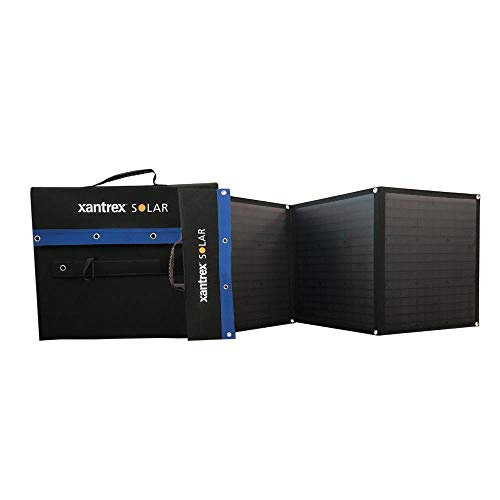I'm not saying they didn't put in real work and do good things. Taking existing tech and making it better is what should be done. And making tech if what's available isn't suitable is a progression of that.
It's a little like saying cars existed over 100 years ago with batteries and electric motors, so forever after "EV tech already existed". I'm not saying Tesla "invented" the electric motor, or lithium batteries, or regen, or all the other things, but they did bring these from a crude level of development and function to a much more efficient, sophisticated, and refined state (ie viable), in a short amount of time. You have to wonder with all the existing car manufacturers in the world with many decades of experience building cars, and with deep pockets...
none of them were able to build an EV in the same league.
You should also wonder why no new car companies have been able to survive for long in the US. Having over 100 years of investment, development, infrastructure, and experience building cars, is a major advantage. Tesla had none of this. The amount of investment and risk was huge.
Plus you keep saying that it was Tesla's "hype" that made EVs popular. I've been paying attention to this for a long time, and it's been exactly the opposite. The popular press has been overwhelmingly negative. They've been expecting/predicting/wishing for Tesla's bankruptsy from the beginning. I thought this was likely too, because I couldn't believe they'd be able to pull it off.
Tesla started in 2005 with the Roadster. EVs back then were like golf carts, and very crude technologically. The Roadster was not as refined as current EVs, but it was definitely no golf cart... and as such the amount of new development needed was extreme. No one else in the world was pursuing EV development in a serious way. The battery cooling and control system in the Tesla not only allowed fast charging but greatly extended the battery life.
Even the early Teslas still have 90% of their initial range after 200,000 miles.
https://www.caranddriver.com/reviews/a15150030/2008-tesla-roadster-road-test/
"Based on the
Lotus Elise, the Tesla is a high-performance sports car motivated by a completely electric powertrain—meaning, an electric motor juiced by a battery. For those who believe such a powertrain is only suitable for overgrown golf carts—the various Th!nk and GEM products, for example—the Tesla is a revelation."
Their first mass produced car was the Model S is 2012. Yes the Leaf came out in 2011, but it was a crude, low powered, short range vehicle (<60 miles), and the batteries wore out after a few years. Here is a review of the 2011 Leaf:
https://www.caranddriver.com/reviews/a15124059/2011-nissan-leaf-sl-long-term-road-test-review/
Review of the 2012 Model S:
https://www.caranddriver.com/reviews/a15117388/2013-tesla-model-s-test-review/
"Optimized for high mileage ratings, current electric cars are small and slow. Even worse, none has sufficient range to be truly useful, unless your duty cycle consists of driving no farther than the nearest grocery store. It’s no surprise that electric cars are selling like stale cowpies. Then along comes the
Tesla Model S from Elon Musk, he of PayPal and SpaceX, to change our perceptions about cars powered by electrons. For example, in one day, our photographer drove the fully charged
Tesla for 30 to 40 miles—already half the range of a
Nissan Leaf. Then I drove it 30 miles to dinner and to a friend’s home another 40 miles away before taking the long way back to Ann Arbor. After gallivanting all over Detroit’s sprawling metro area, I returned to
Car and Driver headquarters to polish off the last few miles. Our measured range was 211 miles—not quite the EPA-predicted 265, but impressive, given our 75-to-80-mph highway speeds."
If not for Tesla, EV tech would be at least 10 years behind where it is now... maybe a lot more, since I suspect all the established manufacturers would still not have made a serious investment. They were dragged in kicking and screaming because Tesla proved it could be done.





























































